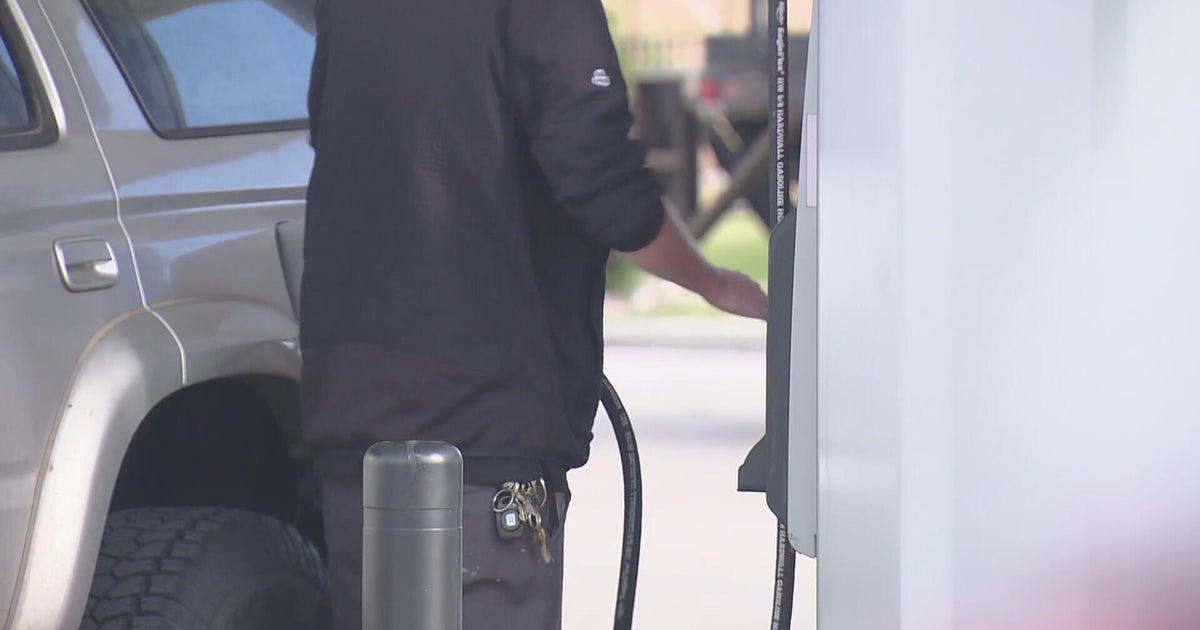Escalating tensions between Israel and Iran will likely lead to increases in gas prices in Florida and across the nation.
Florida gas prices are at their the lowest in a month, according to AAA – The Auto Club, but face upward pressure heading into this week.
Sunday’s state average was $2.95 per gallon. That’s down 14 cents from a week ago and the lowest since May 12.
In Miami-Dade, the average was $2.94 a gallon, down from $3.01 a week ago and $3.06 a month ago, according to AAA. It’s a similar story in Broward. On Sunday, the average was $2.97 a gallon, down from $3.01 a week ago and $3.12 a month ago.
But the decrease in prices is about to change, according to AAA.
Israel and Iran conflict drives up prices
“Escalating tensions between Israel and Iran drove oil prices higher last week,” AAA spokesman Mark Jenkins said. “As a result, U.S. gas prices are expected to rise this week. The extent of the increase is uncertain, but drivers could begin seeing gas prices move higher on Monday.”
The U.S. price for crude oil rose 13% last week. Friday’s closing price of $72.98 per barrel was $8.40 more per barrel than the week before, and the highest daily settlement since February 11, 2025.
An analyst for GasBuddy predicts that prices could rise more than 30 cents a gallon by July Fourth.
Oil facilities targeted in attacks
On Sunday, Israel and Iran traded more missile attacks despite calls for a halt to the fighting, with neither country backing down as their conflict raged for a third day.
Some oil infrastructure appears to have been damaged in Haifa, home to Israel’s largest refinery, and in Iran.
“They went after oil storage and oil refineries in those depots, as well as of course the targeting of gas facilities in Iran’s south,” Behnam Ben Taleblu, a senior director at the Foundation for Defense of Democracies, said.
Analysts said the good news is that U.S. gas prices were relatively mild before the conflict began. Rystad Energy said the oil market’s reaction could be “contained and temporary” if Iran focuses on military targets.
Experts said gas prices would rise much more if the Strait of Hormuz was targeted.
Goldman Sachs predicts an extended disruption there would push oil prices past $100 per barrel because core OPEC countries need the waterway in order to ramp up production.



